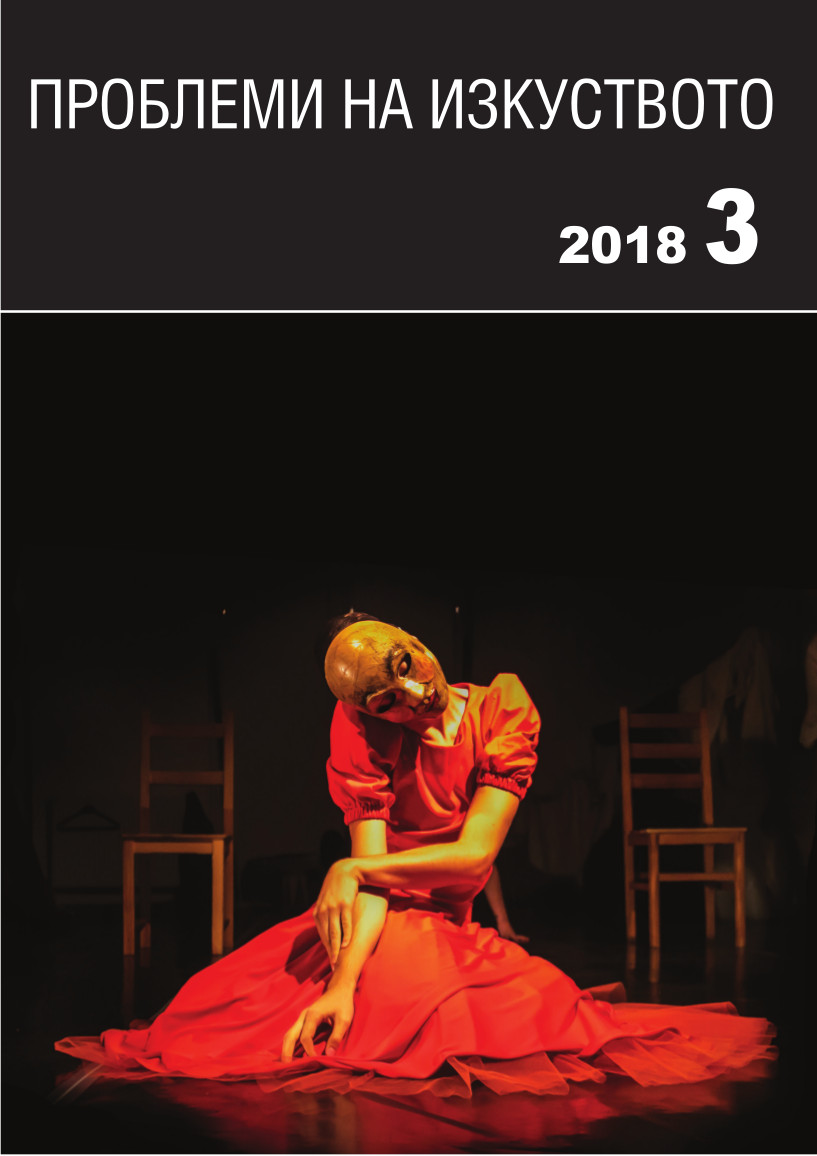Проектът за щастие и българската драматургия
The happiness project and Bulgarian playwriting
Author(s): Ana Topaldjikova, Anna TopaldzhikovaSubject(s): History, Theatre, Dance, Performing Arts, Fine Arts / Performing Arts, Visual Arts
Published by: Институт за изследване на изкуствата, Българска академия на науките
Summary/Abstract: Over various historical periods, happiness has been understood either as a subjectively significant goal or as a goal benefiting many people. The article focuses on several pieces emblematic of Bulgarian playwriting that have highlighted certain trends in the ever-changing idea of happiness in the period of modernism, the era of Socialist Realism and nowadays. The play Strahil The Terrible Rebel by Petko. U. Todorov of the early twentieth century deals with the unimplemented happiness project with respect to the anguish of modern mind. The 1939 Albena by Yordan Yovkov traces the rise and fall of the idea of happiness of the individual and the community, understood as sexual attraction and a dream of an unattainable ecstatic experience. In Yordan Radichkov’s January of 1975 the happiness project, unbound neither by love, nor by the duty to the society, is implemented in the area of spiritual quest. After 1989, playwrights redirected their attention from the common to the personal, the idea of community increasingly becoming an abstract notion. The end of the article establishes the blanks that open up new horizons of quest for contemporary Bulgarian playwriting.
Journal: Проблеми на изкуството
- Issue Year: 2018
- Issue No: 3
- Page Range: 41-44
- Page Count: 4
- Language: English, Bulgarian
- Content File-PDF

